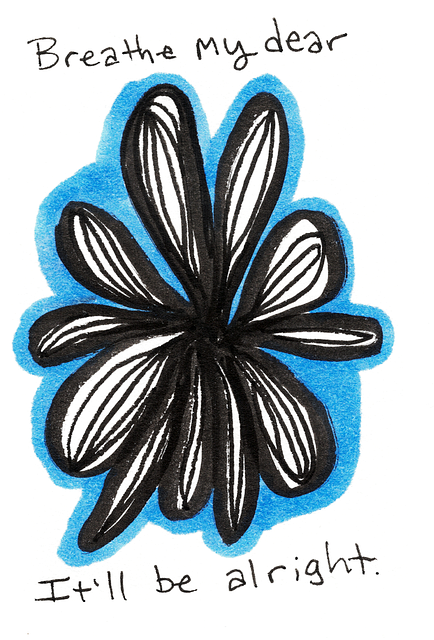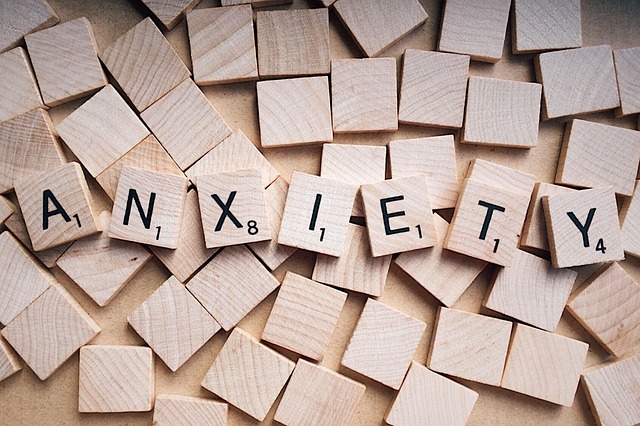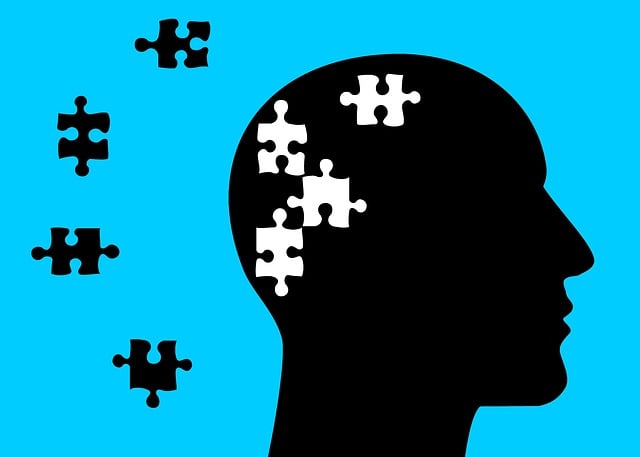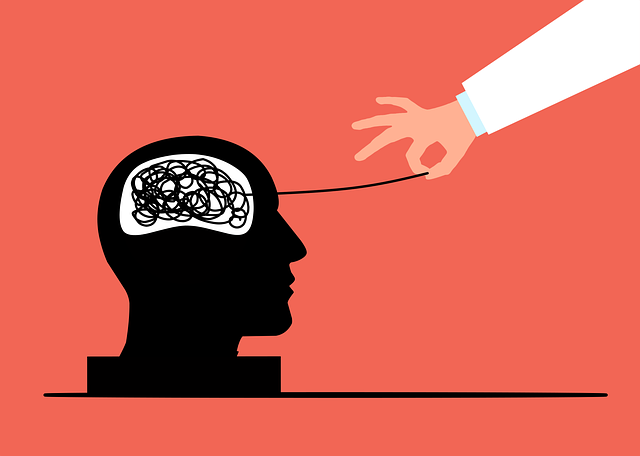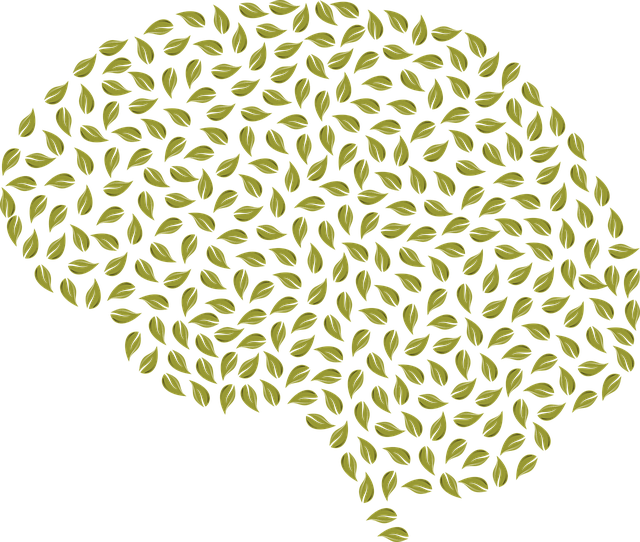Crisis intervention tailored for young children during major life transitions, leveraging therapy and mental wellness coaching, is crucial for their mental health. These interventions create safe spaces, build resilience, improve coping strategies, and foster positive self-image, empowering kids to manage crises effectively. Play and art therapy, evidence-based techniques like CBT, mindfulness exercises, and age-appropriate discussions support their emotional well-being, preventing burnout and fostering long-term mental health benefits during shifts like moving or changing schools.
Crisis intervention strategies are vital in supporting young children through challenging life events. This guide explores effective therapeutic approaches for kids facing major life transitions, offering practical strategies for professionals and caregivers. From understanding crisis intervention basics to implementing guidance during crises, this article equips readers with the tools to foster resilience and promote healing. Discover how therapeutic techniques can help young minds navigate turbulent times, emphasizing the significance of early interventions in their development.
- Understanding Crisis Intervention for Young Children
- Major Life Transitions and Their Impact on Kids
- Therapeutic Approaches for Effective Support
- Strategies to Implement Guidance During Crises
Understanding Crisis Intervention for Young Children

Crisis intervention for young children is a specialized approach that focuses on providing immediate and targeted support during times of intense emotional distress or major life transitions. These early years are a crucial period for brain development, and effective intervention can have long-lasting positive effects on a child’s mental health and overall well-being. When faced with crises such as trauma, loss, or significant changes in their environment, young children may struggle to process and manage their emotions, leading to behavioral challenges and potential long-term issues if left unaddressed.
Therapy for young children plays a pivotal role in crisis intervention, offering a safe space for them to express their feelings and fears. Mental wellness coaching programs developed with the child’s age and developmental stage in mind can be highly effective. These programs often incorporate Mind Over Matter principles, helping young clients build resilience, enhance coping mechanisms, and develop a positive sense of self. By fostering a strong support system and teaching them valuable problem-solving skills, children can navigate major life transitions more smoothly, boosting their confidence and overall ability to manage crises as they arise.
Major Life Transitions and Their Impact on Kids

Major life transitions can significantly impact young children’s development and emotional well-being. Events like moving to a new home, changing schools, or the arrival of a new sibling often present unique challenges for kids. These transitions may trigger feelings of anxiety, confusion, and insecurity, especially in younger children who are still forming their sense of identity. Therapy for young children during such periods can play a pivotal role in helping them navigate these changes.
Professional guidance facilitates emotional healing processes, fostering inner strength development in children. Through therapy, they learn coping mechanisms to manage stress and anxiety associated with major life transitions. By supporting kids in understanding and adjusting to their new circumstances, therapists aid in preventing burnout, ensuring the children’s resilience and overall mental health. This early intervention can have long-lasting positive effects on their ability to handle future challenges.
Therapeutic Approaches for Effective Support

Effective crisis intervention for young children often involves therapeutic approaches tailored to their unique developmental needs. Play therapy and art therapy are widely recognized methods that can create a safe, non-threatening environment for kids to express their emotions and work through traumatic experiences. These therapies encourage children to use play, drawing, or other creative means to convey feelings and thoughts they might not be able to articulate verbally.
Additionally, the support during major life transitions cannot be overstated. Whether it’s a change in school, family dynamics, or even natural disasters, these shifts can significantly impact a child’s mental health. Professional counselors play a crucial role in providing guidance and teaching coping strategies through techniques like cognitive-behavioral therapy (CBT). CBT helps children identify negative thought patterns and replace them with more adaptive behaviors and thinking processes, fostering resilience during challenging life transitions.
Strategies to Implement Guidance During Crises

During crises, implementing effective guidance strategies is paramount for supporting young children and helping them navigate major life transitions. Therapists play a crucial role in providing structured yet nurturing environments where self-awareness exercises can be introduced as tools to enhance emotional intelligence. By incorporating these exercises into therapy sessions, professionals foster an understanding of feelings and triggers, empowering children to manage stress and anxiety effectively. For instance, mindfulness techniques, such as deep breathing exercises, can help kids regain a sense of calm during distressing situations, serving as a valuable coping mechanism.
Additionally, guiding young individuals through major life transitions involves teaching them resilience and adaptability. This includes incorporating depression prevention strategies that focus on building positive self-esteem and encouraging open communication. By fostering self-awareness, children develop the mental fortitude to face challenges head-on. Mind over matter principles can be instilled through age-appropriate discussions about thoughts, feelings, and their interconnection, ultimately helping kids cultivate a growth mindset that prepares them for future crises.
Crisis intervention plays a pivotal role in supporting young children through challenging life events, especially during major life transitions. By understanding these transitions and implementing effective therapeutic approaches, professionals can offer guidance that fosters resilience. The strategies outlined in this article provide a toolkit for navigating crises, ensuring that young minds receive the necessary support to thrive. Through a combination of early intervention and tailored guidance, we can enhance the well-being and development of children facing life’s uncertainties.

